Using extracts from memoirs is a great way to enhance engagement, recall and learning for GCSE Germany
Using Memoirs to Enliven Your Germany Unit
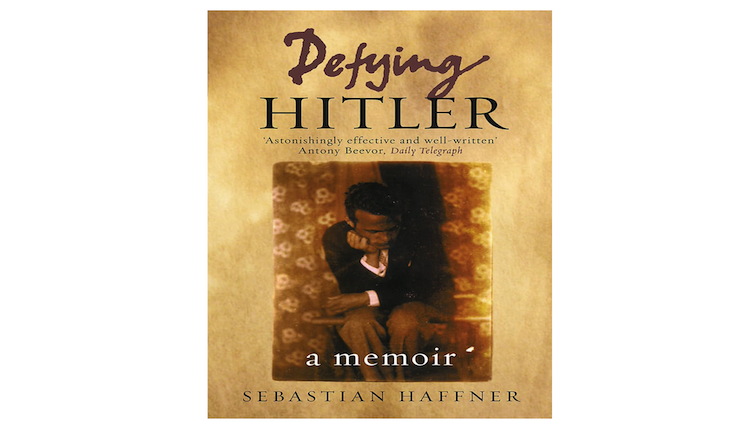

Using extracts from memoirs is a great way to enhance engagement, recall and learning for GCSE Germany
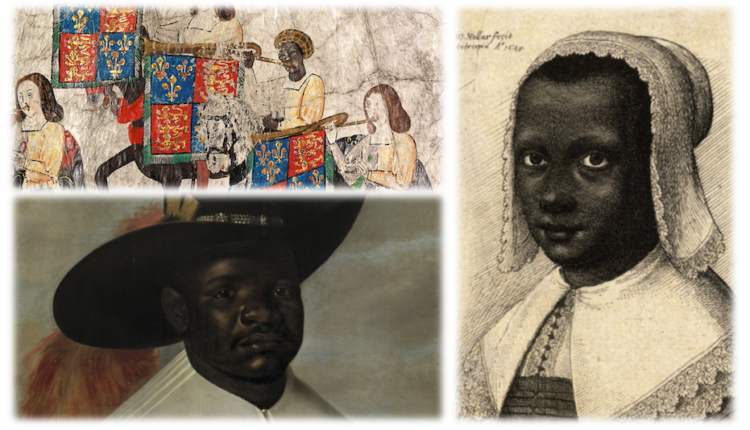
Here are three simple ideas that you can use to diversify your KS3 curriculum.
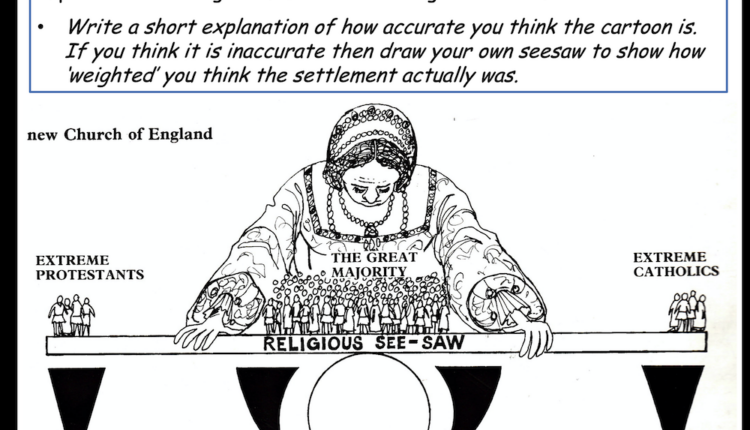
Here are 3 simple ways to vary the end products in your Elizabethan GCSE unit.

Over the last few years, recall settler tasks have become the norm in most classrooms. They are used at the beginning of the lesson. As soon as the pupils arrive they are given a task to complete, often in silence. This allows for an orderly start to any lesson. They[…]
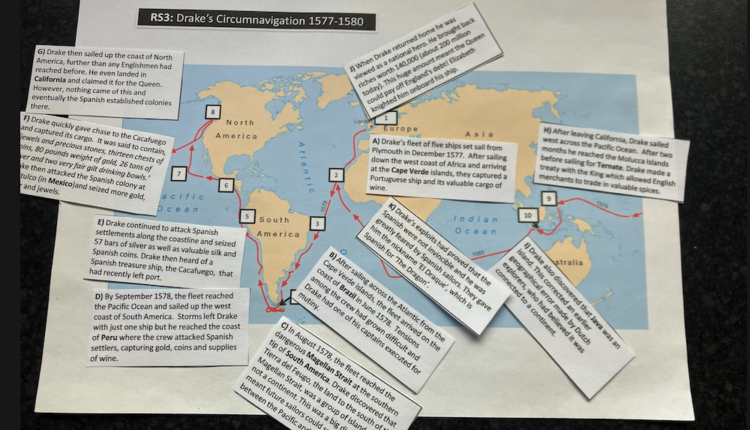
I love using maps in the history classroom. I often joke about geography being all about colouring in maps, but in reality, I’m jealous. It might just be me, but I need to locate myself in time. The chronology of most things is an obsession. It might be the date[…]

Richard McFahn provides 3 practical ideas to help history teachers create overview lessons.
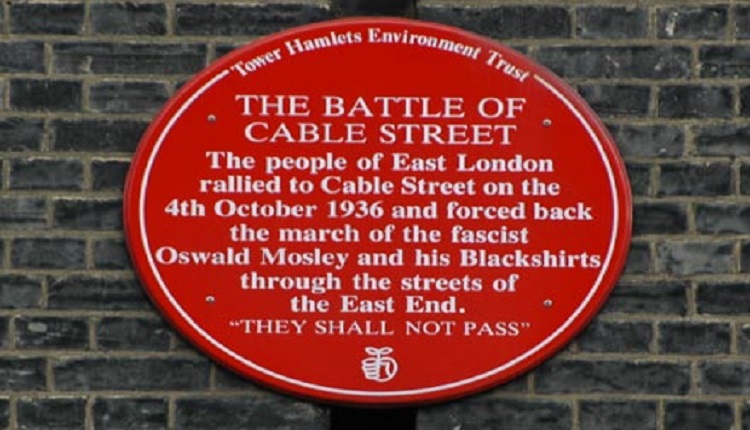
Neil Bates wrote this post a few years back. Never has it been so relevant as now. What with the recent wave of right wing riots, it is more important than ever that we use history to contextualise what happened. Read Neil provides you with brilliant advice on how to[…]

Read this short post to find out different ways to use video clips in your history lessons.
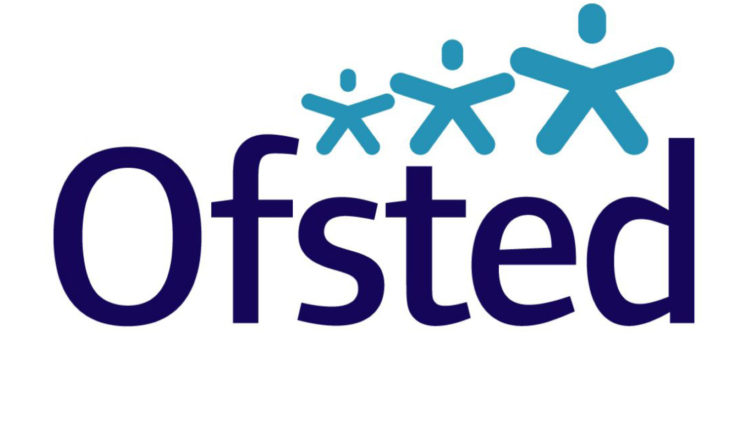
Here are 6 takeaways from Ofsted’s 2023 report into history teaching.
About This Webinar: In this free 45 minute webinar, Richard McFahn, provided 14 practical tips on how you can help students be successful with GCSE interpretations questions. Using published guidance from examiners and his own deep knowledge of this topic, Richard identified the common mistakes students make with interpretation questions.[…]
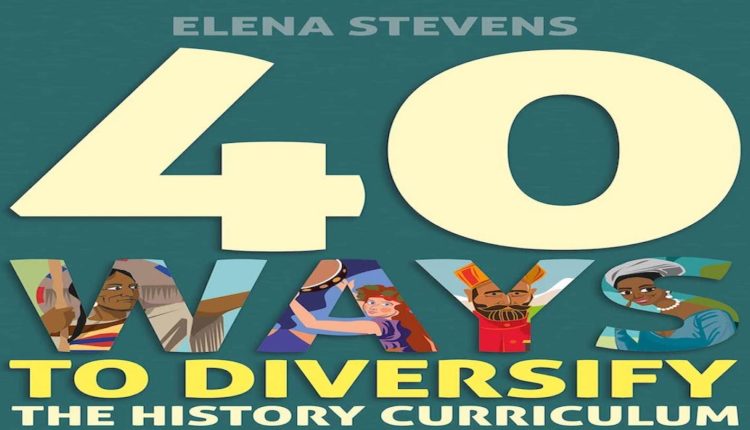
This brilliant article provides you with top tips on how you can easily diversify your history curriculum
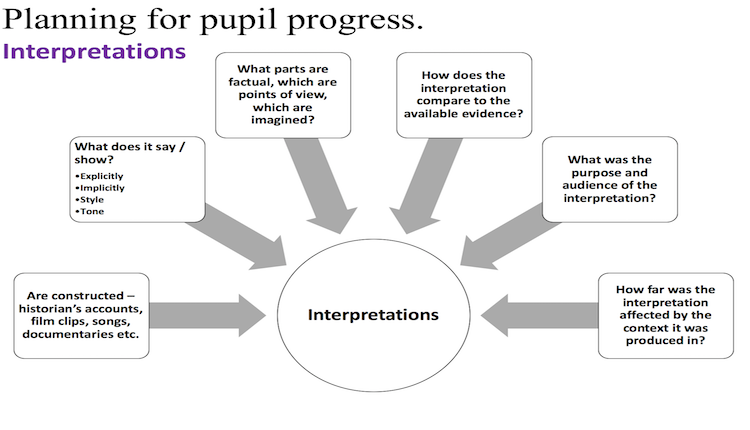
As stated in a previous blog, the teaching of historical interpretations is a crucial element of developing your student’s historical thinking. If you want to play the game where your teaching is solely about getting kids to ‘pass the test’, to do well in the 9-1 GCSEs then this is[…]

There has been some debate recently about whether or not we should use textbooks to teach history in secondary school. And, if we should use such books, which one should be the ‘core’ text, the one that might provide the backbone of a school’s KS3 history course. Let me start[…]

A new Pearson / Edexcel migration unit is going to be published soon. Read the rationale and download the sample lesson.

Are interventions worth it? How much time do you spend on ‘interventions’? How busy are you with year 11/12/13 weekly intervention, after school revision sessions, lunch time drop ins, emails home for those who haven’t and probably won’t ever attend, logging this attendance on SIMs… All of these things take[…]
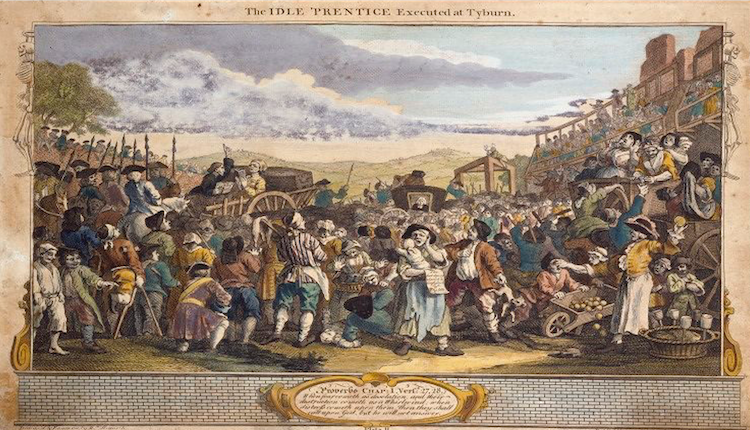
Here Elena Stevens explains her rationale for planning and teaching Crime and Punishment at Key Stage 3.

I am often late to the party. Fact. Sometimes I don’t even turn up. The curse of the socially awkward and the residue of an inferiority complex perhaps? I know I am very late to one particularly party but why change the habits of a life time? The party I[…]

Tom Cox explains his rationale for teaching a short unit of work about The Silk Roads.

I’m sure many of you who’ve taught a module on female suffrage have had many a tittering class over Isabella Beeton’s advice from 1861, that a wife should rise before her husband, “and having given due attention to the bath, and made a careful toilet…” in order to be what Lord[…]

With the 9-1 GCSE there is more content to remember than there was with the older GCSE. Fact! We all need to develop short sharp ideas, or ‘tricks’ to make learning stick.

So there seems to be some blather recently around the question: how do we decide what to teach in a curriculum? All of this got me thinking about curriculum design. We have blogged about this before and still stand by this to this day. However, I then vaguely remembered working[…]

History teachers in England seem to agree that planning and teaching is best achieved through the Enquiry Question. And they are right to. A Rileyesque enquiry works (Riley 2000). Full stop! It is all very well to be looking for that killer enquiry question. But if you never show your[…]

Are you using retrieval practice, dual coding and interleaving? How do you know they actually work? The evidence base is actually a little shaky.

Some people say knowledge is power. Others say powerful knowledge is power. But that is another debate. But how is the history teacher being controlled? We know we are being controlled by Ofsted. SLTs react to what they think Ofsted are looking for. This is then forced upon teachers through teaching[…]

There is a strong case for English pupils studying more Wider world histories. I outlined in the previous blog post on this topic. The National Curriculum at Key Stage 3 gives schools ample scope for such a study. Nevertheless, diverse world history units, in general, are somewhat hard to find[…]
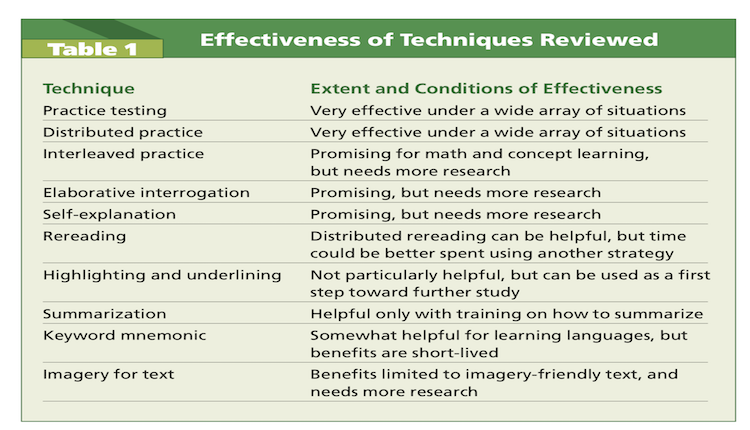
What strategies work best to boost learning? This is the million dollar question that teachers and students need to answer to so they can be successful at school/university/ in life. Here at HRC we believe that the knowledge required to do well in history – the substantive ‘stuff” and disciplinary[…]

With exams looming, these activities and techniques can help history teachers ensure their students are geared up and ready to perform under pressure.

Here are three top tips to help you set work that is engaging, will make your students think hard and help them make progress.

Ever since I started teaching history I have been hugely conscious of the need to teach a broad and diverse history curriculum. My curriculum offer has always attempted to focus on unknown voices of people from these islands and beyond. I have taught about forgotten English people from our rich[…]

Assessment at Key Stage 3 has always been a challenge. And there always seems to have been a tension, a tug of war between doing what is right for the students, helping teachers assess the quality of their curriculum against doing what SLT require to please Ofsted and to report[…]